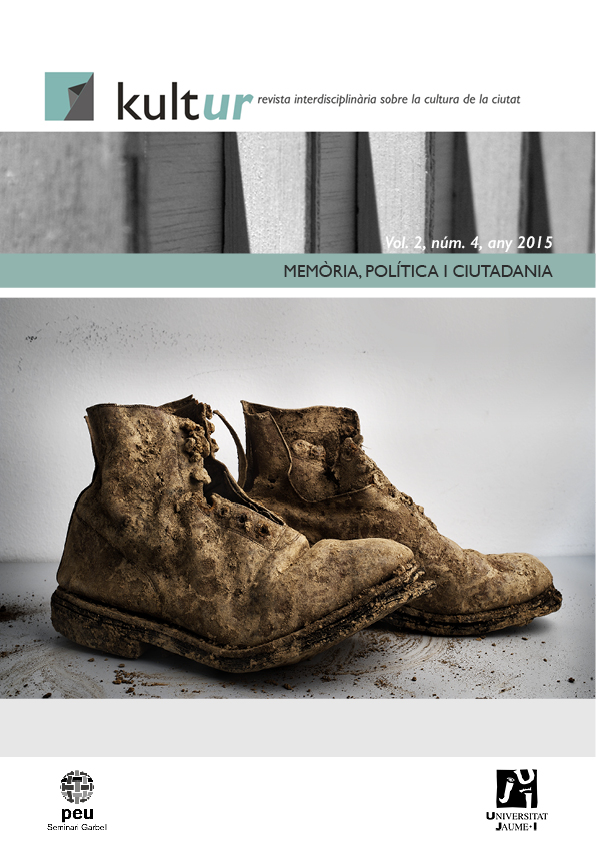Paralelismo hipotético entre planificación urbana y gestión de las lenguas: el caso de la ciudad de Maroua en Camerún
##plugins.themes.bootstrap3.article.main##
Resum
In town, quarters are delimitated, streets are planned while naming themselves; public and private services get names, as well as movements within the urban space obey a consequent signalization… Nevertheless, the process of naming, designating, signalizing, etc. is impossible if language isn’t used. Therefore, the language(s) to be used gain recognition naturally in accordance with its statute. The main question of this paper is to know if the planning of Maroua has taken the linguistic parameter into consideration. Obviously, after an inquiry, we noted that official languages are still up rolling, mostly French. The Fulfulde that is considered as a vehicular language is rarely used on the façades of the town. However, an integrated development involves all social actors. A discriminatory planning of urban space set up a failure for that kind of development. As efficient tools for social business, all languages should benefit from more concrete policy than the symbolic statute that authorities tend to keep for them.
Descàrregues
##plugins.themes.bootstrap3.article.details##
.png)
Tots els continguts de la revista kult-ur se distribueixen sota una llicència d'ús i distribució Creative Commons Atribució-Compartir Igual 4.0 Internacional (CC BY-SA 4.0), excepte indicació contrària. Pot consultar ací la versió informativa i el text legal de la llicència. La indicació de la llicència d'ús i distribució CC BY-SA 4.0 ha de constar expresament d'aquesta manera quan siga necessari.


